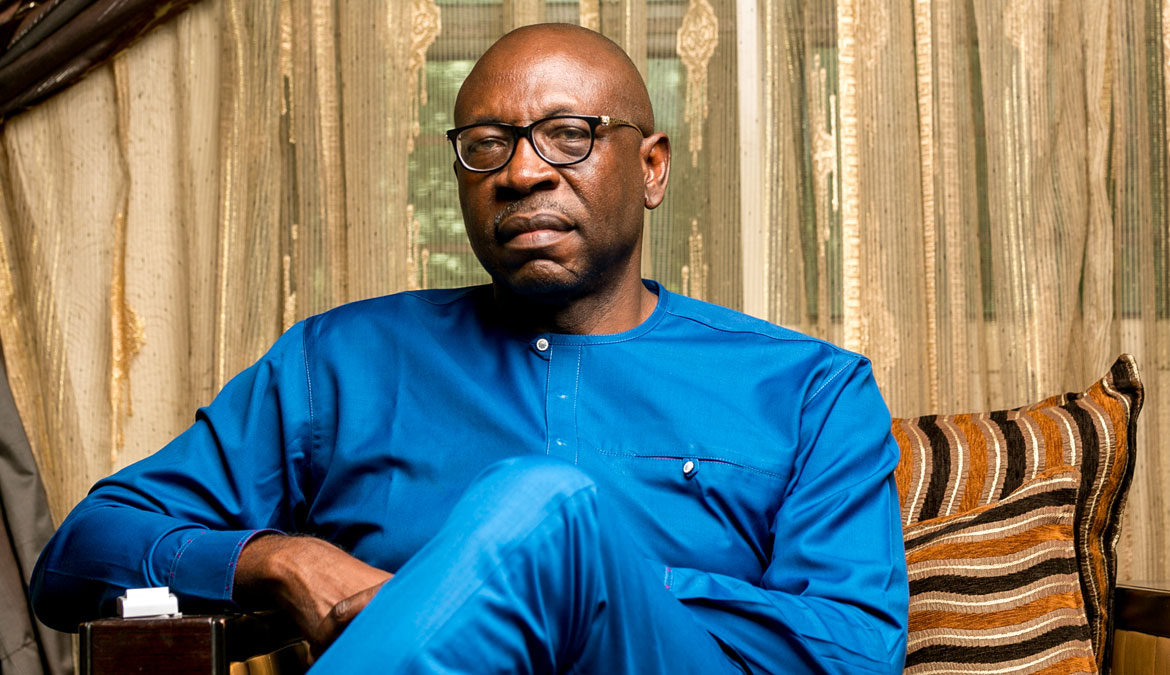[dropcap]W[/dropcap]hen INEC, Nigeria’s electoral body, announced that it was releasing a new policy framework to guide the conduct of elections in the country as it battles the coronavirus disease, it admitted that “conducting elections in a pandemic such as coronavirus, is yet uncharted waters. Only very few jurisdictions have any experience with this.”
It was an honest admission that portrayed the enormity of the challenge that lay ahead. The body had few models to work with, yet it cannot delay the elections without sparking a constitutional crisis that would imperil democracy and engender chaos.
So, it commenced widespread consultations, developed theoretical approaches informed by recommendations – many untested and without precedent – while slowly counting down to the D-day in Edo State where a governorship election is first on its calendar.
It was going to charge into it with novel ideas, hopeful for the best. But that will no longer be the case.
The primaries of the All Progressives Congress, APC, held today through the direct mode across various wards in Edo state has shown the effectiveness of a range of useful ideas that can guarantee safety as people exercise their franchise.
Prior to the exercise, the party had argued, quite reasonably, that the mode of primary that allows for a decentralization of the selection process, restriction of movement across communities, and brought the polls to the smallest unit of the society in spacious centers where few persons are afforded room to maintain social distancing while voting was the best approach.
And the argument, unsurprisingly, turned out accurate. In all the wards in the state, people not more than 18, protected with face masks and properly sanitized, stood at a safe distance, using their membership card as the key tool of voting their preferred candidate to represent the party at the polls.
It was swift, smooth, and reassuring. The breakdown, though requiring more personnel that were sourced and adequately trained from the indigent communities, made certain that results were quickly collated and transferred to defined central points in a transparent process monitored by observers and security agents who also maintained distancing but had little worries due to the openness that, inherently, made any form of manipulation both impossible and easy to detect.
The striking success of the exercise made, in hindsight, the argument against it for a more rowdy indirect process looks profoundly foolish and without thought. Little surprise the argument was led by the incumbent Governor Godwin Obaseki, a man accused by several residents of the state of manipulating the COVID-19 situation to his personal political benefit.
He also had a running battle with the members of the APC in the state – a situation that would have made a direct primary a sure defeat for him – before switching sides to the PDP, a party he publicly denounced as deformed and led by dunces.
It is to the credit of the leadership of the APC that it stood firm on its adoption of the direct mode. Thanks to its courage, INEC now has a working model, an important experience, and a test outing that would make all the difference when it prepares for a larger and more robust exercise in September.
Idemudia Oviosun, is a Consultant and expert in leadership, management, and strategy
The opinions expressed in this article are solely those of the writer.







